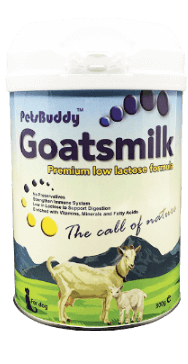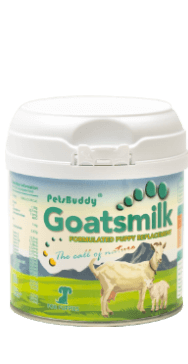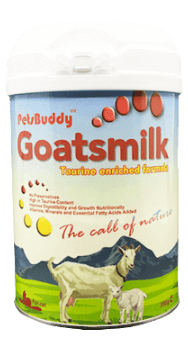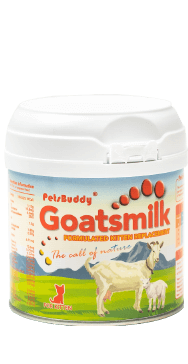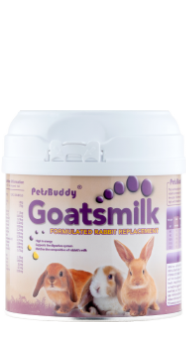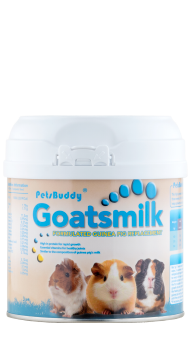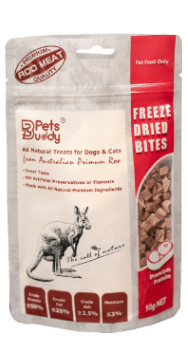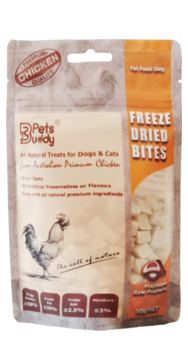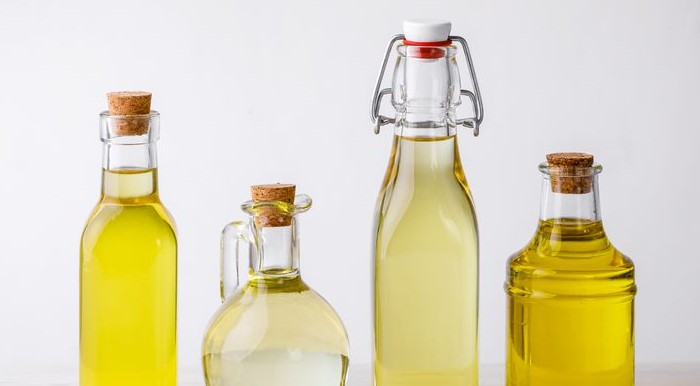Vegetable oils in dog, cat and other pet foods
Sunflower oil: flower power in a jug
From a pet food perspective, the palatability of diets containing sunflower oil is well liked by dogs, but not as well received by cats.
Olive oil: a benefit to pet health, too?
Olive oil, and especially extra virgin olive oil, is all the rage on cooking shows and at finer dining establishments these days. It seems that good news regarding the benefits of olive oil for our health and wellness emerges almost daily. So, it stands to reason that people would want to explore this ingredient for use in pet diets.
Soybean oil: Food industry staple right for petfood?
Soybean oil plays an infrequent and peripheral role in pet foods. This is somewhat surprising given its popularity in human foods and its prevalence on grocery store shelves alongside corn and canola oil.
Coconut oil: Does it belong in commercial petfood?
Coconut oil has become fashionable with a near cult-like following in the human dietary health and supplements aisle. Although it was once cast aside as an ingredient that contributed to cardiovascular health issues, now it is being touted as a cure for everything from obesity to acne. And of course, what becomes popular in the human food and supplements aisle often becomes the next new thing in pet food.
It seems likely that if coconut oil were to become an addition to a petfood formula, it would be supplemental at best. This is actually the route in which many human health advocates and vegan chefs are recommending it now. Also, cost will likely be a significant factor. So, in the end, there doesn't seem to be any new information for dog and cat nutrition and until we have more viable data, application rates should probably not exceed 1% to 2%. Further, any use should be validated in cat and/or dog diets to assure they actually handle this ingredient without issue.
